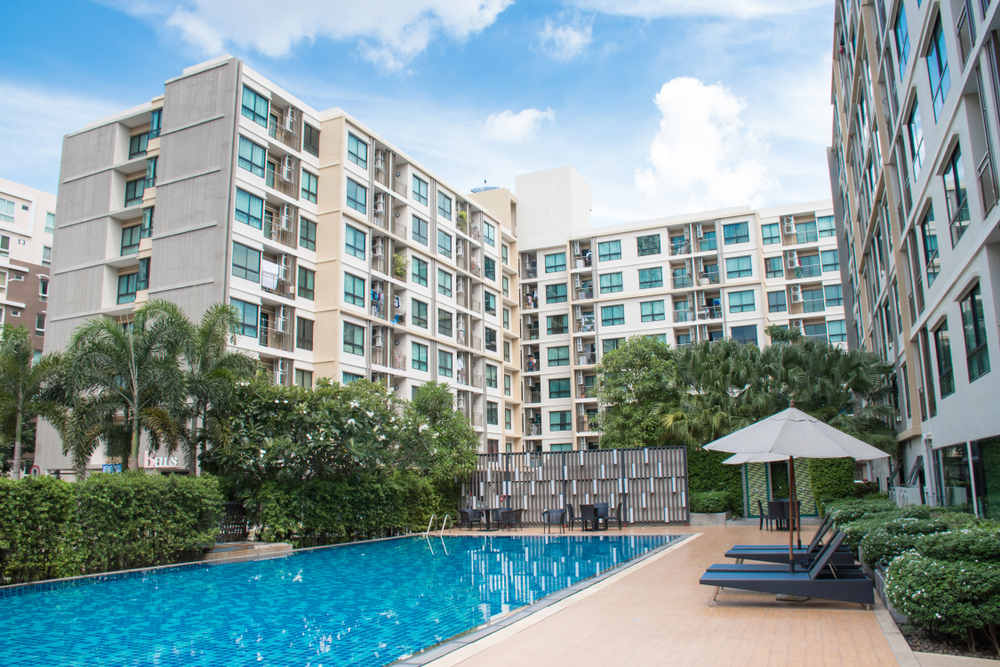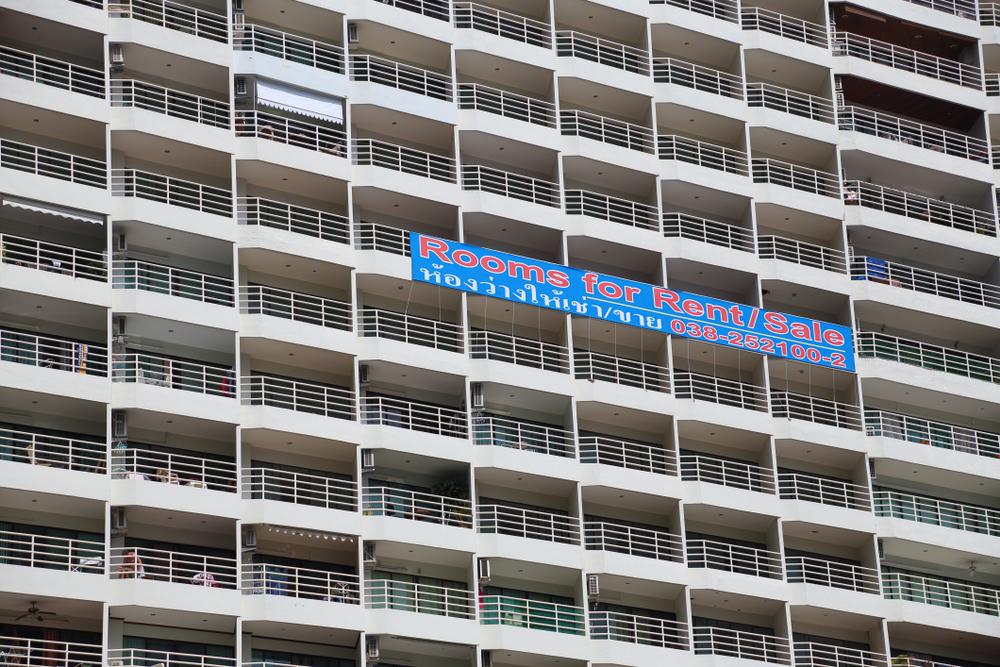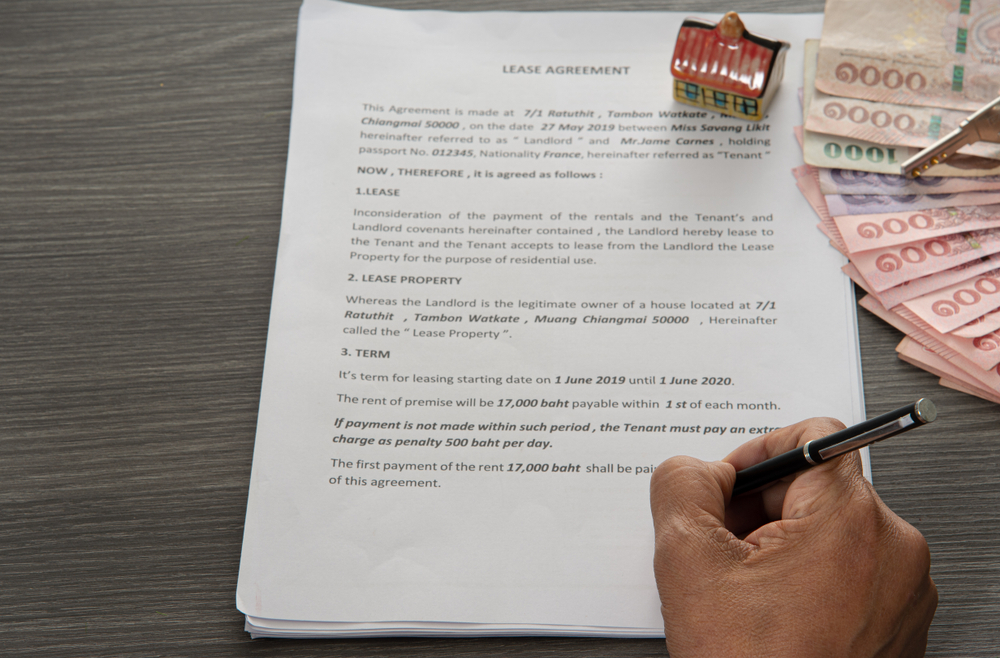Real Estate: Country Rental Fact Sheet
Welcome to Thailand!
Asia-Pacific’s most desirable destination for expats is Thailand. It offers a tropical climate, low cost of living, friendly people, and laid-back atmosphere. The country’s large cities offer a variety of public transportation including buses, trains, subways, taxis, and motorized three-wheeled vehicles called tuk-tuks. Throughout Thailand, housing is in demand, particularly within its large metropolitan areas. Apartments are the most common type of housing, found concentrated mostly in urban neighborhoods. Those wanting more space, better affordability, and a quieter atmosphere will want to look for housing in the suburbs, where most single-family houses are found. Prospective renters beginning their search will benefit from a using a translator or multilingual real estate agent as well as extensive English-language property listings and classifieds.
Types of Rental Properties
- Apartments are the most common type of accommodation available in Thailand. Most buildings are high-rise complexes, where units typically have a combined kitchen and living area along with bedrooms and possibly a small storage area. However, there are one-room apartments that consist of a single large room, with the only other room being a bathroom. Some apartments have balconies or access to rooftop gardens. Newer developments are more likely to provide residents with access to common areas such as a gym, swimming pool, or laundry facility.
- Condominiums also are available throughout Thailand. The use of the term may be confusing, but the only difference from apartments is in ownership structure. If you are renting an apartment, you will be renting from a landlord that controls the entire building. If you rent a condo, you will be renting from a landlord who owns individual units within a building.
- Serviced apartments are popular among expats on short-term assignments as they operate much like hotels. A serviced apartment will be move-in ready with all the appliances, furniture, and housewares one requires. Many serviced apartments include maid and laundry services.
- Single-family houses also are available in Thailand and can prove a cost-effective option for families. These typically offer more space and privacy as well as a quieter atmosphere; however, they are mostly found in outlying areas where longer commutes are inevitable.
Expat Cities
The majority of Thailand's expats live in Bangkok and its metropolitan area, but Phuket, Pattaya, Chiang Mai, and Kho Samui are also popular. Many expats in Thailand find themselves comfortably living in the bustling business districts surrounding the city center. However, the most important aspect of location for many is proximity to public transportation. It is possible to live in the suburbs and still have a city at your fingertips if you find housing close to these services.
How to Find a Rental
International real estate companies handling sales and rentals such as RE/MAX (www.remax.co.th) and Sotheby’s (www.listsothebysrealty.in.th) have English-speaking agents with offices in Thailand. These companies specialize in upmarket and serviced apartment listings, particularly for expats. Landlords typically pay any real estate agency fees, which means agents will help you find a home and negotiate a rental agreement at no cost to you. For those taking on the search themselves, there are classified ads posted in newspapers and on websites such as Craigslist (https://bangkok.craigslist.org) and Baht & Sold (www.bahtsold.com/real-estate). Some of the most popular online portals for Thai rental properties include:
|
|
Rental Rates and Fees
Below is a table of average monthly rental rates for apartments by size and location.
| In City Center | Average Monthly Rate | Range | Outside City Center | Average Monthly Rate | Range |
| 1-bedroom | ฿18,744 | ฿13,000–30,000 | 1-bedroom | ฿9,456 | ฿6,000–18,000 |
| 3-bedroom | ฿64,280 | ฿40,000–100,000 | 3-bedroom | ฿28,029 | ฿15,000–50,000 |
- Before renting, make sure to thoroughly examine your rental agreement. In Thailand, the rental agreement is a powerful legal document, and there are very few legal protections offered to tenants who enter questionable rental agreements. Your real estate agent should help ensure you are not being taken advantage of in your agreement; however, it is your responsibility to protect yourself.
- As the renter, you do not pay any fees to the real estate agency. The real estate agent is paid by the landlord.
Lease Terms
Restrictions
In Thailand, foreigners cannot buy property, but there are no restrictions on who can rent property.
Duration
The most common long-term lease agreement in Thailand is for 12 months or longer. Tenants who wish to vacate the premises before their lease has expired must provide at least 30 days’ notice in order to avoid losing their security deposit.
Deposits
A security deposit equal to two times the gross monthly rent (one month’s rent as a refundable deposit plus one month of rent in advance) is typically required. By law, the security deposit may not be more than one month’s rent.
Pets
Some rentals in Thailand allow pets. However, dog ownership may prove difficult in large cities such as Bangkok due to the lack of outdoor space. Dog breeds prohibited from being imported to the country include American Staffordshire terrier, American pit bull terrier, American bully, American bulldog, and Staffordshire bull terrier.
Legal Issues
- There is no need to register your lease with Thailand’s Land Department unless your lease is longer than a three-year period. Registering a lease will cost a 1 percent registration fee and a 0.1 percent stamp fee. Those totals are calculated based on the total expected rent collected throughout the lease period. A copy of the rental agreement and identity documents for both landlord and tenant will be required to register a lease.
- Oral rental agreements are not legally binding and thus difficult to enforce. Be sure to sign a written rental agreement and keep a copy of it for your records.
- Although landlords may accept cash payments, it should be avoided. Instead, use electronic payment methods that provide consistent documentation, which can help protect you if there is ever a dispute.
- Thai law requires landlords to register any non-Thai people living in their buildings with the country’s Department of Immigration. This is not your responsibility; however, it is good to be aware of.
Amenities
Furnished vs. Unfurnished
Long-term rentals are generally unfurnished, which can mean completely bare or with only essential appliances such as a hot water heater, refrigerator, and stove. Furnished apartments will include major appliances as well as basic furniture. In most cases, landlords will be willing to add or remove furniture as needed and may even be open to buying any furniture you acquire once you have finished your stay. Most apartments in Thailand do not come with ovens, as this is not a preferred cooking method in Asian cuisine. However, apartments catering to Western expats and serviced units will likely come with a full range of kitchen appliances. An air conditioner is a must and usually included.
Parking
Most expats do not have cars in Thailand as congested streets make driving a hassle, and public transportation is convenient and cheap. If parking is available at your rental property, it is likely to be very costly and handled under a separate monthly lease.
Utilities
Most rentals do not include utility services. Most landlords will handle waste and recycling, but they will charge you for the service. Electricity is provided by a state-owned company, with renters billed monthly. Gas, telephone landline, internet, and bundled services must be secured independently by the renter.
Telephone Landline
The country’s main telephone landline providers are state-owned Telephone Organization of Thailand or TOT (www.tot.co.th) along with privately owned 3BB (https://fiber.3bb.co.th) and True Corporation (www3.truecorp.co.th). Service can be established by contacting the companies online or by phone.
Internet and Bundled Services
Along with 3BB (https://fiber.3bb.co.th) and True Corporation (www3.truecorp.co.th), other popular internet providers include AIS (www.ais.co.th) and DTAC (www.dtac.co.th). Some of these companies also offer mobile phone and television services with fixed-rate packages available for bundling.
Electricity
The Electricity Generating Authority of Thailand or EGAT (www.egat.co.th) is the sole supplier of electricity for the country. Usage is billed monthly based on meter readings. The easiest way to make payments is to go to the nearest 7-Eleven convenience store where you can present your bill and pay it at the register.
The standard electrical voltage is 220 volts AC, 50 hertz, using the two-pronged type A plug. European devices will work in Thailand with simple plug adapters. American devices, which are designed for 110- and 120-volt electricity, will require voltage converters or transformers in addition to plug adapters.
Water and Sewage
The Metropolitan Waterworks Authority of Thailand (www.mwa.co.th) manages water distribution and sewage throughout the country. It is not recommended to drink the tap water. Large bottles of water are commonly sold, as are in-home water dispensers. Usage is billed monthly based on meter readings, and payments can be made to your landlord or at your apartment building’s office.
Gas
Gas for cooking is not piped directly into homes in Thailand. Instead, small refillable gas cylinders are connected directly to stove tops. Your landlord will typically have filled tanks on hand for replacements, which you will be charged for. Some apartment buildings don’t allow the use of bottled gas, so be sure to inquire ahead of time.
Waste and Recycling
Solid waste collection and recycling services are handled by a large number of private companies working on concessions by the Thai government. You should not have to secure these services because they are typically handled by the landlord who will bill you directly.
Making Payments
Payments for your electric bill are best made at the closest 7-Eleven convenience store. Your landlord will likely collect water and solid waste removal payments. Telephone landline, Internet, and mobile phone payments can be made online using a bank card or direct debit.
FAQs
Can I negotiate my lease?
The monthly rental of properties can usually be negotiated unless already specified by the landlord. If using a real estate agent, they can help facilitate negotiations so that both you and the landlord come to a fair agreement.
How long will it take to find an apartment in Bangkok?
There are thousands of rentals available throughout Thailand. However, it is important to get a sense of where you would like to live before making a long-term commitment. Give yourself two to four weeks to learn the city and find the right accommodations.
Should I have renter’s insurance?
Renter’s insurance is not required by Thai law or many landlords. Any damage to the property or any of its contents owned by the landlord will be covered by the landlord’s insurance. If you are worried about theft, renter’s insurance can cover you and may provide peace of mind.
Article written for World Trade Press by Taylor Holloran and Brielle Burt.
Copyright © 1993—2025 World Trade Press. All rights reserved.

 Thailand
Thailand 

